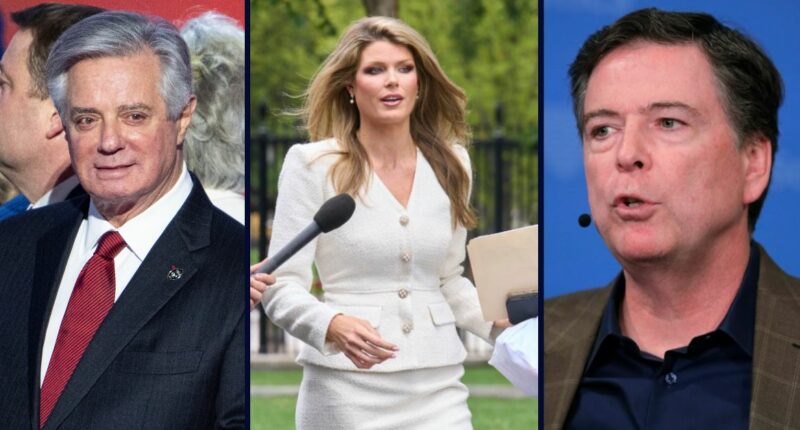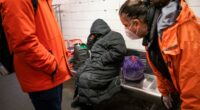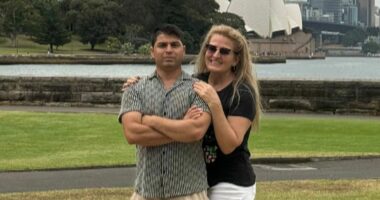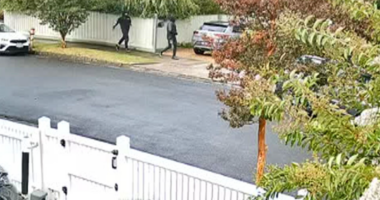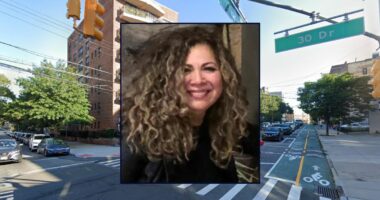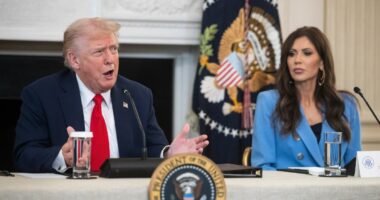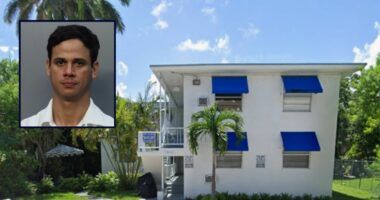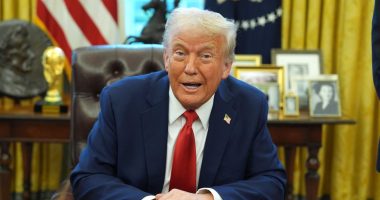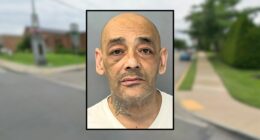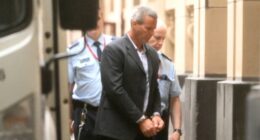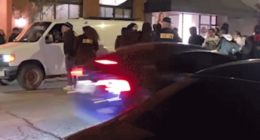Share this @internewscast.com
The image showcases three individuals: On the left, Paul Manafort, former Trump campaign manager, is pictured on stage during the final night of the Republican National Convention in Milwaukee on July 17, 2024 (Bill Clark/CQ Roll Call via AP Images). In the center, Lindsey Halligan, acting as a special assistant to the president, converses with a reporter outside the White House on August 20, 2025, in Washington (AP Photo/Jacquelyn Martin). On the right, former FBI Director James Comey is caught in action at Harvard University’s Institute of Politics’ JFK Jr. Forum in Cambridge, Mass., on February 24, 2020 (AP Photo/Charles Krupa).
James Comey’s legal team successfully contested the government’s push for a broad protective order, persuading the judge that such limitations would unjustly impede and delay Comey’s defense and readiness for trial.
U.S. District Judge Michael Nachmanoff acknowledged the necessity of a fair trial, even as he recognized the government’s valid worries about the potential for improper sharing of sensitive details. However, he ruled in Comey’s favor, determining the scales tipped towards him.
The judge referenced the late U.S. District Judge T.S. Ellis III, who previously presided over Paul Manafort’s trial in Virginia, noting that Ellis did not approve a vague protective order that would have imposed an “unnecessarily broad cloak of secrecy” over evidence in the special counsel Robert Mueller’s case regarding bank and tax fraud accusations against Manafort:
The Court similarly finds the government’s proposal overly broad due to its vague definition of ‘Protected Material.’ For example, see Order Denying Government’s Unopposed Motion for Protective Order, United States v. Manafort, et al., ECF 31, No. 1:18-cr-83 (E.D. Va. Mar. 27, 2018) (Ellis, J.) (rejecting the government’s motion for a protective order covering all discovery because of its lack of specificity, which made it excessively broad and imposed undue secrecy on documents and information to be disclosed during discovery).
Manafort later faced conviction in Virginia, earning himself a 2019 sentence criticized as excessively lenient, and subsequently receiving a pardon from President Donald Trump in the following year.
Deputy Attorney General Todd Blanche, a former criminal defense attorney for Trump and Manafort, also helped defeat a New York State mortgage fraud prosecution against Manafort on double jeopardy grounds.
As recently as Monday, Comey’s attorneys Patrick Fitzgerald and Jessica Carmichael told the judge that the protective order sought by interim U.S. Attorney Lindsey Halligan, through North Carolina-based federal prosecutors Tyler Lemons and Gabriel Diaz, was far too broad and applied to “almost all of discovery.”
The attorneys bristled at the notion that Comey, a former director of the FBI, “cannot be trusted with receiving discovery in his” false statement and obstruction case despite a “long career of distinguished government service at the highest levels.”
The defense added that the government’s preferred protective order placed Comey at a “severe and unnecessary disadvantage[.]”
Prosecutors had, on the other hand, asserted that the high-profile nature of the case and Comey’s remarks on social media defending his “innocence” made “restricting the use and dissemination of […] discovery” necessary, since both Comey and the prosecution “have an interest in a fair trial with impartial jurors[.]”
Read the protective order that is now in place.
